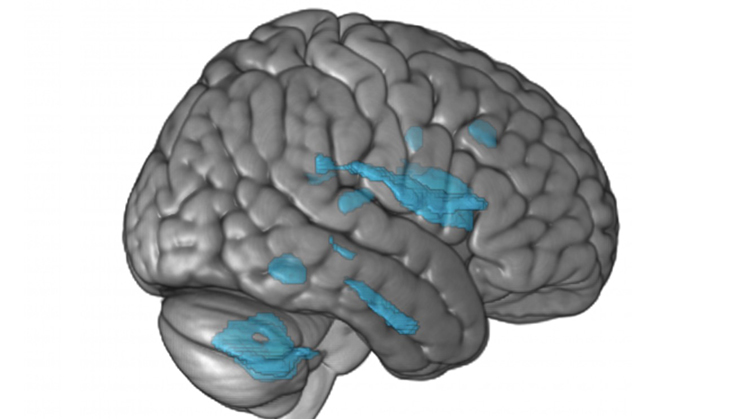
A new study reveals that engaging in music-related activities, like listening to music or playing an instrument, can have a significant impact on delaying cognitive decline as we age. The research indicates that these activities contribute to the production of grey matter in the brain.
The study followed a group of over 100 retired individuals who had no prior experience with music. They were enrolled in a six-month program of piano lessons and music awareness training. Upon completing the program, participants in the piano-playing group showed a 6% improvement in working memory of performance and a reduction in overall grey matter loss.
Although musical interventions cannot reverse the ageing process in the brain, the researchers suggest that they can effectively prevent ageing in specific brain regions, particularly in individuals with no musical background who begin engaging in musical activities during their senior years.
As the brain ages, it undergoes a reduction in neuroplasticity, which refers to its ability to adapt and function in response to various tasks by forming new neuronal connections. Working memory, a crucial aspect of neuroplasticity, plays a vital role in tasks like remembering a phone number long enough to write it down or translating a sentence from a foreign language.
A team from the University of Geneva conducted the study to explore the impact of musical activities on age-related cognitive decline and working memory.
First author of the study, Damien Marie, explains, ‘‘We wanted people whose brains did not yet show any traces of plasticity linked to musical learning. Indeed, even a brief learning experience in the course of one’s life can leave imprints on the brain, which would have biased our results.’’
Participants were randomly assigned to two groups, irrespective of their initial motivation to play an instrument. One group received piano lessons, while the other group participated in active listening lessons, focusing on instrument recognition and musical analysis across various genres. Both groups were required to practice for half an hour daily.
Another author of the study, Clara James, shares, ‘‘After six months, we found common effects for both interventions. Neuroimaging revealed an increase in grey matter in four brain regions involved in high-level cognitive functioning in all participants, including cerebellum areas involved in working memory. Their performance increased by 6% and this result was directly correlated to the plasticity of the cerebellum.’’

The results showed that participants in the piano-playing group experienced consistent volumes of grey matter around the auditory cortex, showing no decline with age. On the other hand, the group that engaged in musical analysis exhibited typical rates of grey matter reduction.
It’s important to note that both groups still showed a general pattern of brain atrophy, suggesting that while musical activities have beneficial effects on the brain, they are not a complete solution for all aspects of brain ageing.
The study highlights the positive effects of music-related interventions on brain plasticity and cognitive reserve. The researchers advocate for these enjoyable and accessible interventions to become a significant policy priority for promoting healthy ageing.



